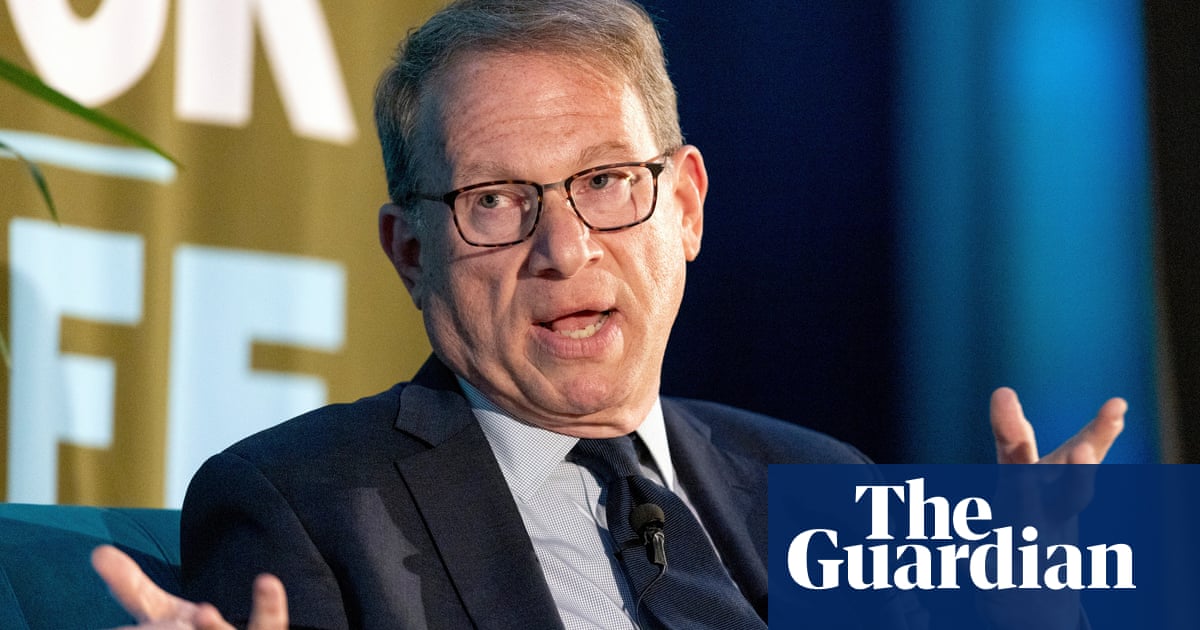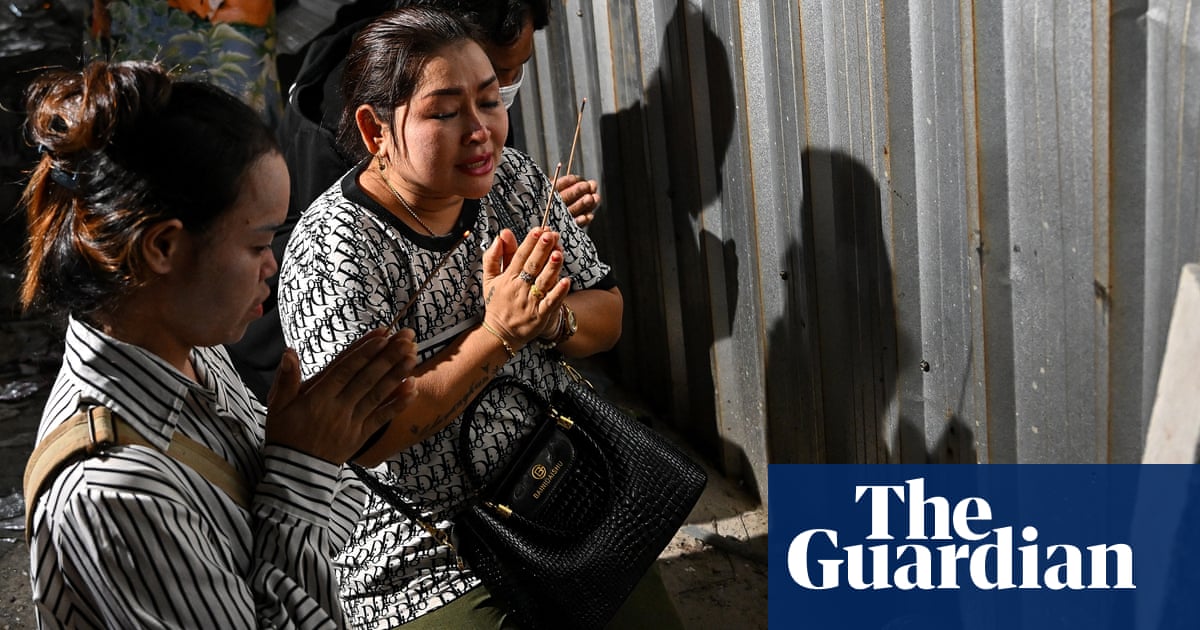Cashless societies may be a sad fact of modern life for those with a nostalgic attachment to the pound in their pocket, but doctors have discovered one unexpected benefit of the decline of coins.
Far fewer children are having surgery after swallowing small items that could choke or kill them, and the scarcity of loose change is likely to be the reason.
The number of children in England needing an operation to remove a foreign body from their nose, throat or airway fell significantly between 2012 and 2022, NHS figures show.
The fall has been greeted with relief by doctors and surgeons, who for years have been warning of the dangers posed by young children ingesting magnets, tiny batteries and other risky objects.
The number of under-18s undergoing surgery on their nose, airway or throat for that reason has declined from 2,405 in 2012 to 1,716 in 2022 – a fall of 29% or 689 cases in the year.
The Royal College of Surgeons of England (RCSE), which obtained the figures, collated from hospital admission data, identified the rise of the cashless society as the main reason.
“Historically, coins accounted for over 75% of objects swallowed by children under six years old, and fewer coins in homes due to contactless payments have likely helped reduce the number of these procedures,” it said.
For example, surgeons performed 484 (31%) fewer procedures to remove something from a child’s nose in 2022 compared with 2012. There were 28% fewer on the digestive tract in the same age group and 8% fewer involving their airways.
However, the RCSE said that, despite the drop, parents should still be alert to the risk of their child swallowing shiny objects that looked like coins, such as button batteries and magnets.
“These can cause deadly internal complications within hours of ingestion, leading to tragic consequences,” it added.
This week, reports told how one-year-old Araya Whateley had to have her bowel removed after ingesting six metal balls from a toy belonging to her nine-year-old sister.
after newsletter promotion
Parents who suspect their child may have ingested something dangerous should take them straight to hospital to get checked out, according to the body that represents Britain’s A&E doctors.
“If any carer thinks a child has swallowed an item they shouldn’t have, take them to A&E – even if they have no symptoms. In cases like this, it really is better to be safe than sorry,” said Dr Adrian Boyle, the president of the Royal College of Emergency Medicine.
“As a parent, I know we all do our best to be vigilant as to what our children are putting in their mouths. But it is impossible to monitor them all the time.”
Prof Stephen Powis, NHS England’s national medical director, said: “At a time when demand on NHS services is so high, trends like this one which reduces hospital attendances is not only good for children, but also for our under-pressure staff.”

.png) 3 days ago
8
3 days ago
8













































